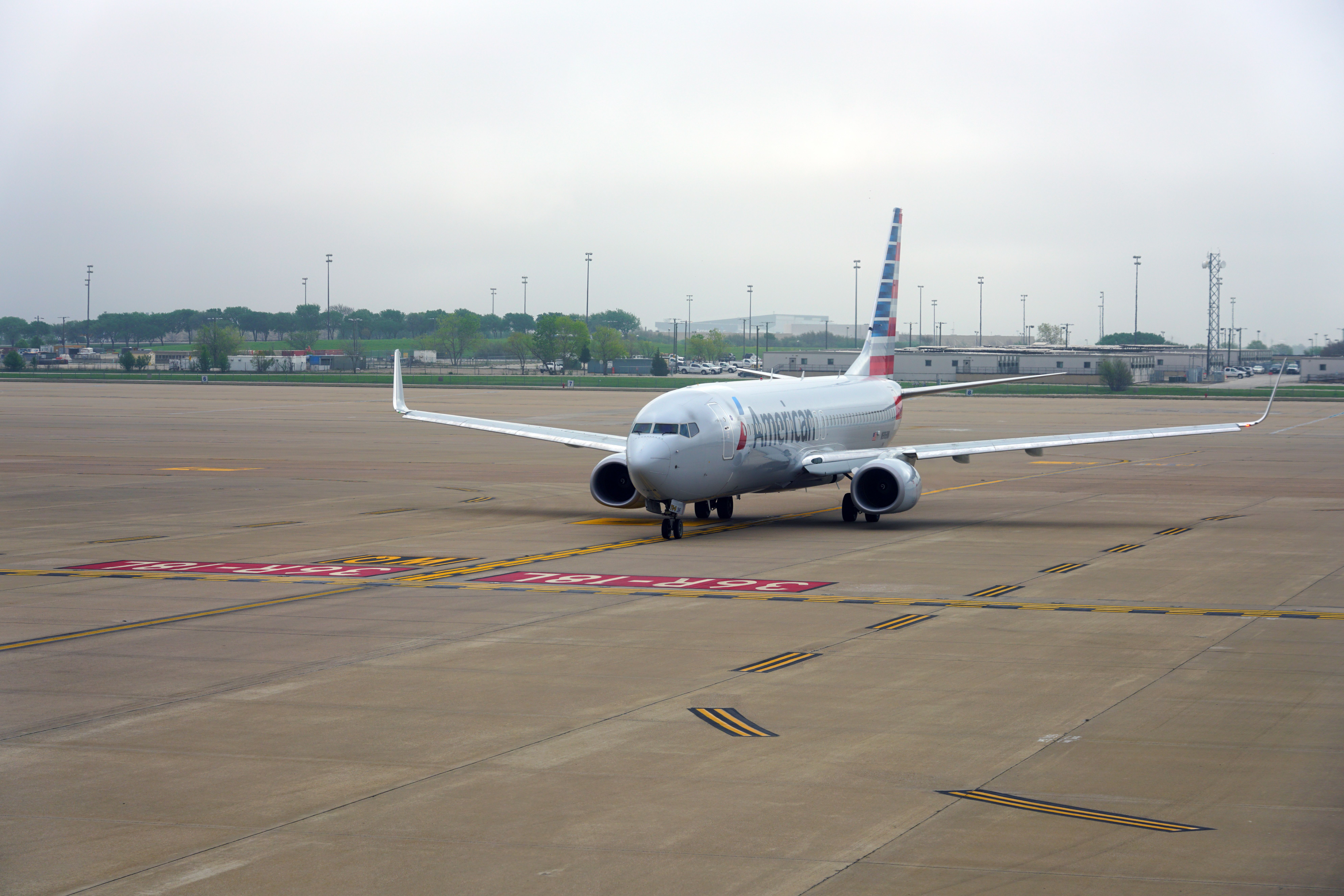
Firefighting robots debuted on the red carpet at Dallas/Fort Worth International Airport (DFW) this Tuesday, November 19. The manufacturer, RobotLAB, showcased how its unique technologies can aim and shoot water or foam toward fire. Robots are taking over at DFW The robots, equipped with cameras and carrying equipment, are set to help firefighters in times of crisis.
They can climb multiple-story buildings and carry equipment, such as bags of sand. The robots are designed for airports and can be used in parking garages; with such power, they can move vehicles. These unique pieces of engineering have already helped firefighters across the Atlantic, with the robot deployed into the Notre Dame Cathedral fire in Paris.
The robots are uniquely built to move around in tight situations while carrying heavy equipment, such as in Notre Dame, where large pieces of the roof were collapsing as the fire crew attempted to put out the blaze. By utilizing these marvels of technology, the robot can help in reconnaissance for firefighters as they plan how to extinguish the fire. Controlled by remote, the robots provide camera feedback to help assess the site and how to extinguish the fire.
These robots are expected to be used in airports and across education, hospitality, and other industries. Want answers to more key questions in aviation? Check out the rest of our guides here . Modular construction is taking place at DFW Technological advancements of a different kind are also taking place this week, with the beginning of construction at DFW's Terminal F project.
The airport's sixth terminal will be the entire terminal development since 2005. Once completed, Terminal F will expand the airport's overall footprint with a 400,000-square-foot concourse and 100,000-square-foot check-in area. It will be connected to Terminal E via the airport Skylink system, which is expected to open in 2027 and add 15 gates.
The $1.6 billion project has been specially designed to adapt to the future, with the ability to add additional gates and other facilities in the future. In collaboration with other expansions at the airport, in conjunction with Terminals A and C, 24 new gates will eventually add even more capabilities for the Texan airport.
Portions of Terminal C are being demolished to be completely reinvented as the airport plans new amenities for passengers. Have you heard the Simple Flying podcast recently? Modular construction improves overall efficiency. Terminal F, being developed with modular construction, has been pre-fabricated onsite so that modules can be built before being transported across the airfield for installation at their final site.
This has improved the overall efficiency of the building project and will expedite total construction time. Additionally, with the modular construction process already creating headwinds in Terminal C, they will also use this process to improve Terminal A. The flexibility of modular construction means that there is less disruption to both passengers and the airlines operating at the airport.
.














